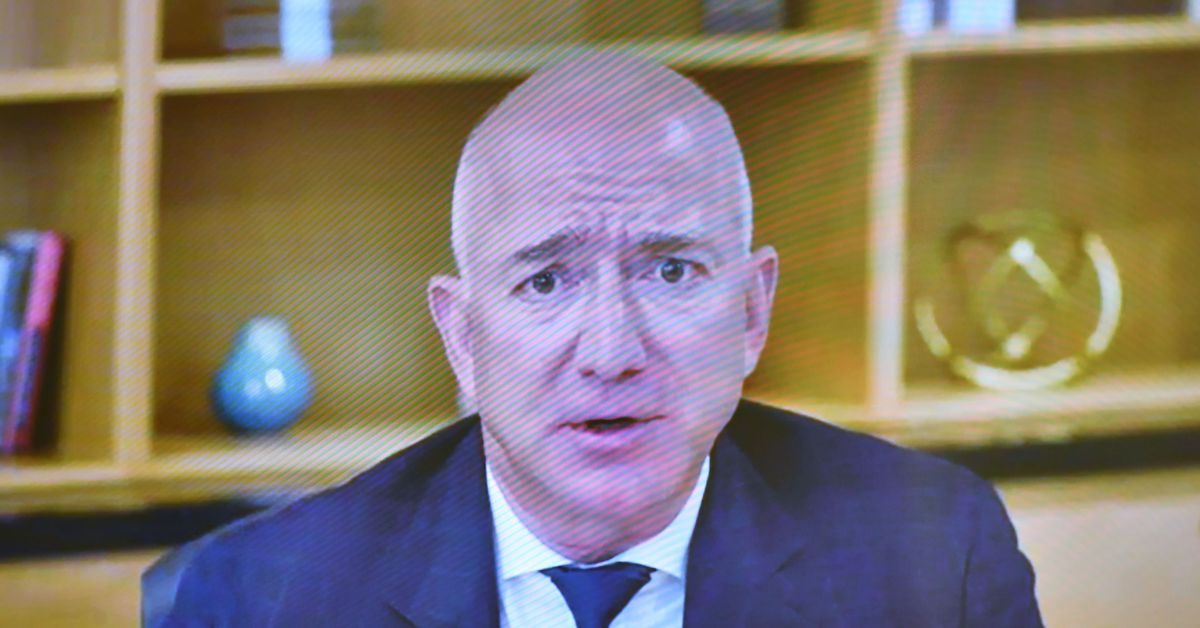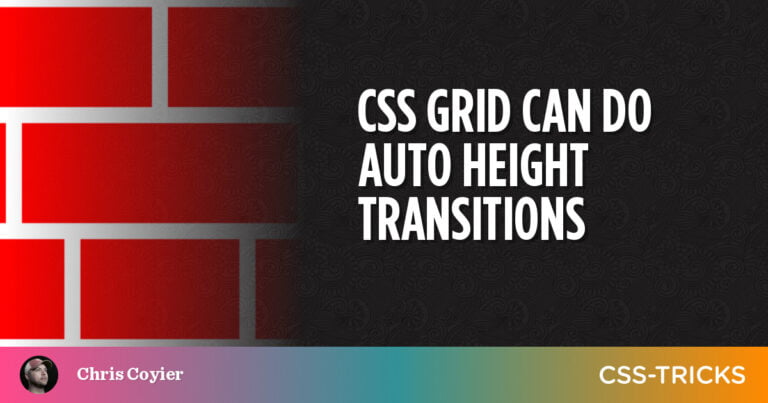
Another attorney general is boarding the Big Tech antitrust lawsuit train: Washington, DC, Attorney General Karl Racine is suing Amazon for engaging in anticompetitive acts that he says have raised prices and stifled innovation.
The complaint accuses Amazon of abusing its market position by requiring, in practice, that third-party sellers offer their products for the same price that they sell them elsewhere. This has raised the price of goods overall, the complaint says, which means DC residents are paying more than they otherwise would.
While we’ve seen a few antitrust suits from state attorneys general and federal agencies targeting Google and Facebook over the last year, this appears to be the first government antitrust suit targeting Amazon, according to the New York Times. But, as it’s coming from DC’s attorney general, it’s only limited to DC residents. (Racine also signed onto the antitrust lawsuit against Facebook.) It addresses some longstanding complaints about Amazon’s third-party marketplace that go well beyond the district, at a time when Amazon is one of the most visible targets of the Biden administration’s Big Tech antitrust push. That push will soon get another ally in Lina Khan, an antitrust, anti-Big Tech expert who is expected to join the Federal Trade Commission soon.
“This suit targets a key way that Amazon enforces its dominance over the online market,” Stacy Mitchell, co-director of the Institute for Local Self Reliance, told Recode. “Amazon’s price parity policy allows it to levy steep fees on sellers without losing consumers to cheaper sites.”
The price parity policy in Amazon’s agreements with sellers that’s outlined in the DC attorney general’s complaint is not new. In fact, the practice attracted enough negative attention from lawmakers that Amazon dropped it from their seller contracts in 2019. But Racine says it didn’t exactly go away: The company simply replaced it with a “Fair Pricing Policy” that does the same thing by punishing sellers who offer lower prices elsewhere by removing “Buy Now” and “Add to Cart” buttons on their product pages.
Sellers, afraid of lower sales or getting kicked off the largest online retailer in the world’s platform entirely, respond by lowering their prices accordingly — or raising them elsewhere. This, the suit says, has led to higher prices for consumers overall, as sellers are afraid to sell their products for less than what they sell them for on Amazon, which takes a cut of their sales.
“Amazon has used its dominant position in the online retail market to win at all costs,” Racine said in a statement. “It maximizes its profits at the expense of third-party sellers and consumers, while harming competition, stifling innovation, and illegally tilting the playing field in its favor. We filed this antitrust lawsuit to put an end to Amazon’s illegal control of prices across the online retail market.”
Today’s lawsuit against Amazon goes deeper, alleging not only that the fees Amazon charges sellers are responsible for higher prices across the web — but also that Amazon rewards sellers who use Fulfillment by Amazon to the detriment of sellers who don’t but have lower prices https://t.co/lz9QWjfVPW
— Jason Del Rey (@DelRey) May 25, 2021
Amazon does admit that it chooses which offers to feature based on several factors, including price. But it disagrees with Racine’s take on the impact of that policy.
“The DC attorney general has it exactly backward — sellers set their own prices for the products they offer in our store,” an Amazon spokesperson told Recode. “The relief the AG seeks would force Amazon to feature higher prices to customers, oddly going against core objectives of antitrust law.”
The lawsuit is relatively small. It’s only from one attorney general and targets a specific aspect of Amazon’s business practices. But it’s not insignificant. Amazon has been in the crosshairs of state and federal lawmakers and regulators along with its Big Tech peers Google, Facebook, and Apple for some time now. This is the first lawsuit against Amazon to come out of that increasing scrutiny, but it probably won’t be the last.
“This suit is another indication that the tide is shifting — both policymakers and the public want Amazon’s outsized power to be curtailed,” Mitchell said.






